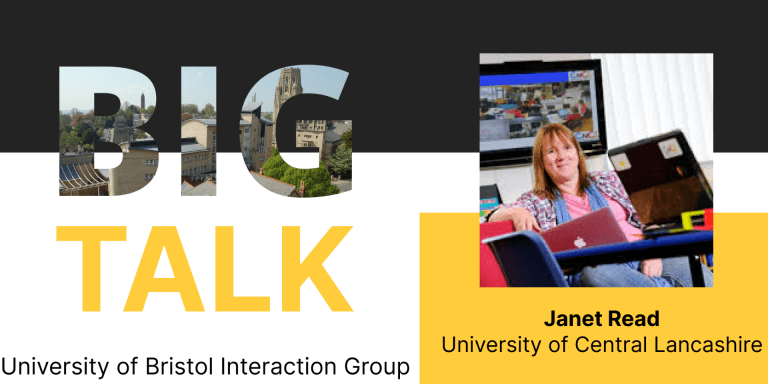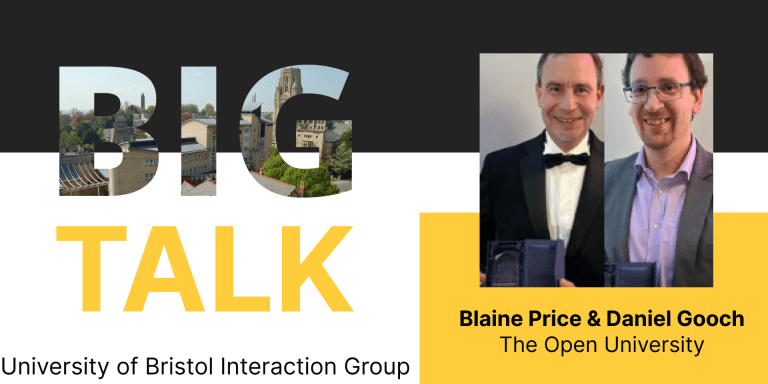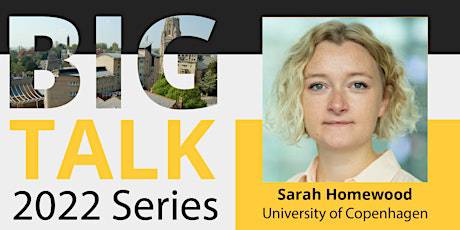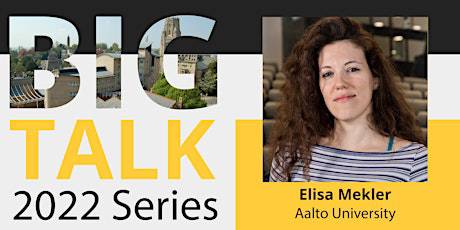BIG TALK: Amanda Lazar, University of Maryland

Topic: Centering the tension between critical perspectives and practice to advance HCI research on health and aging
When: August 5, 2024 13:00–14:00 GMT, in person
Technology designers and developers have focused on the domain of health and aging for decades. Recently, researchers are adopting critical perspectives which push back on prior ways of approaching technologies in these spaces. For example, researchers are calling attention to how the overwhelming focus of aging interventions on addressing cognitive and physical decline links to a deficit-view of aging which can contribute to stigma and neglect other needs of older adults. I center these and other tensions between practice-based and critical approaches in my work, arguing that it is important to rigorously attend to and learn from both of these approaches. In this talk, I will present several projects on technology for health and aging. First, I will argue for the importance of understanding the tension between critical and practice-based approaches, and how these can be traced in our research. Then, I will present my work that seeks to leverage these tensions to advance design.
Bio: Amanda Lazar is an assistant professor in the College of Information Studies, with an affiliate appointment in the Department of Computer Science, at the University of Maryland, College Park. She received her PhD from the University of Washington in Biomedical and Health Informatics. Her research in Human-Computer Interaction examines the design of technology for older adults, with a particular focus on older adults with dementia, to support social interaction and engagement in activities. Her work is supported by the National Science Foundation (NSF) and the National Institute on Disability, Independent Living, and Rehabilitation Research (NIDILRR).








